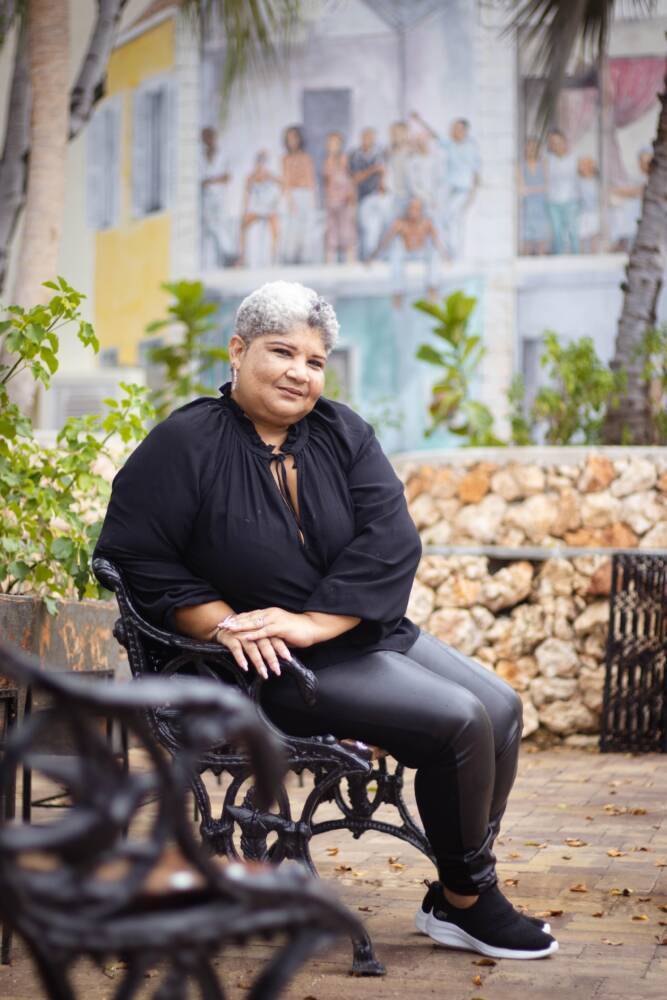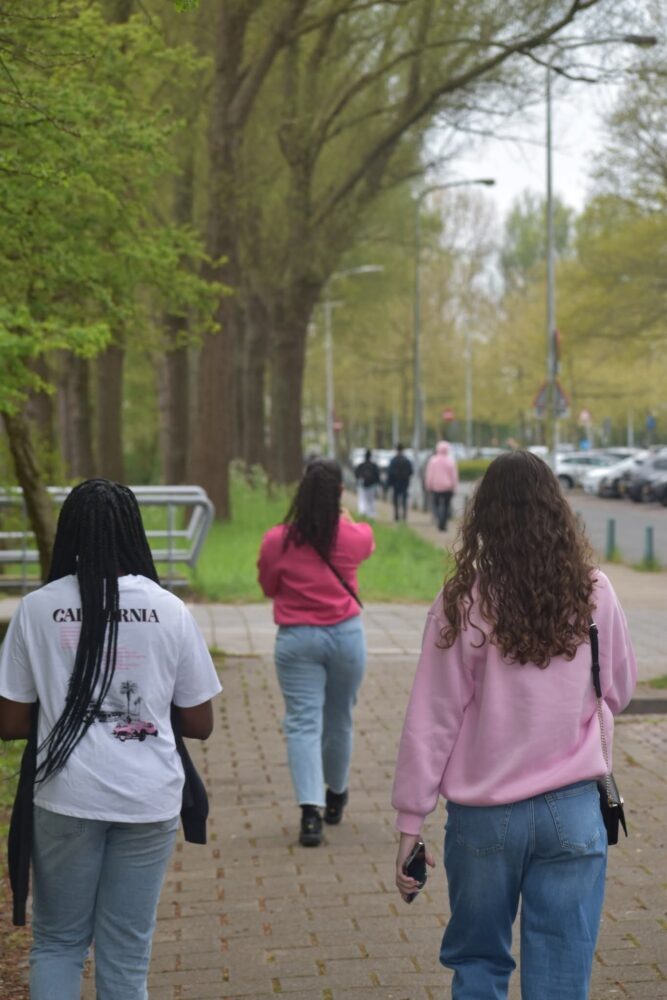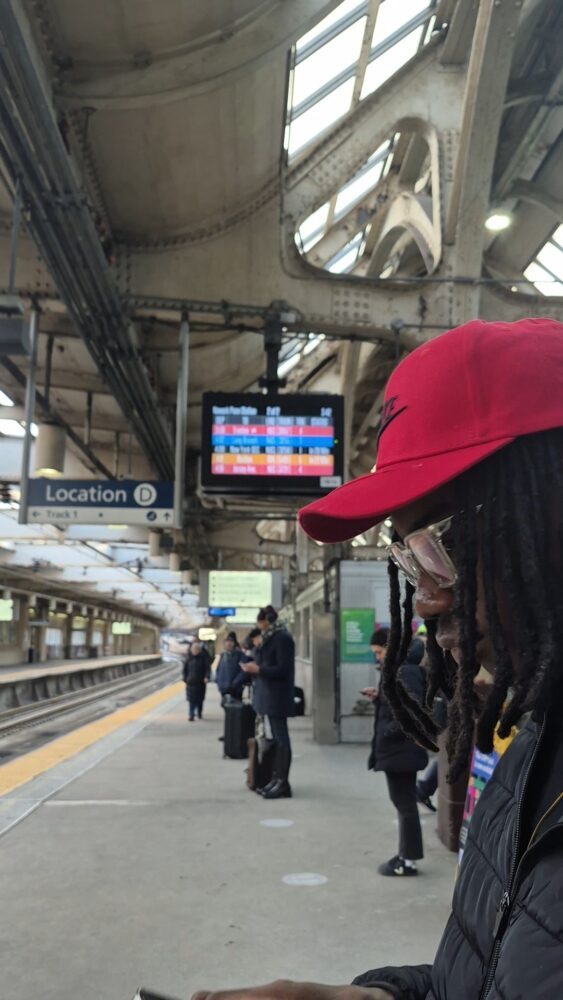– BENEFITS AGENCY TRIES TO REACH OUT, BUT MANY HAVE DISAPPEARED –
When Erica Wever went on vacation to Curaçao with her children in 2008, for the kids it turned out not to be a vacation—but a permanent move. “I fled. Everything I had built in the Netherlands collapsed because of the Benefits Scandal,” she says. “We left under the pretense of a vacation, but we never went back.”
The Benefits Scandal (‘Toeslagenaffaire’) began around 2005 and involves thousands of parents wrongly labeled as fraudsters by the Dutch tax authorities. Most of these parents have immigrant backgrounds, and according to Wever, about 70% are of Caribbean origin. They were forced to repay childcare benefits, often tens of thousands of euros. In Wever’s case, it was over €40,000. As a single mother of three young children, she couldn’t afford it. “We couldn’t breathe anymore in the Netherlands.”
“After those letters, the real misery began,” she says. “The tax office seized everything: my benefits, my housing allowance, my healthcare allowance, my tax refunds. I was left with nothing. Every benefit I was entitled to, was taken away.” Wever ran a nonprofit, served as a city council member for the Socialist Party in Amsterdam Centrum, was socially active, and had built a good life in the Netherlands.
Yet one day, she saw no way out. She was forced to return to her birthplace, where she hadn’t lived since she was six. Wever: “It was an escape, driven by desperation. They treated me like a fraudster, even though I did nothing wrong.”
‘They’re Not Missing—They’ve Lost Hope’
The Benefits Agency, part of the Dutch tax office under the Ministry of Finance, recently started searching for a specific group: people who once registered as victims of the Benefits Scandal but who have gone silent “after multiple attempts by mail, phone, or email.” Even in Curaçao, these people are being tracked down.
According to Karima Ouadid, another victim, many can’t be found because they’re afraid to come forward. Ouadid lives in Germany and helps victims living abroad. She recently visited Curaçao with a delegation of officials from the Dutch municipality of Arnhem. During the trip, they met with local victims, government officials, and community organizations. “These people aren’t missing—they’ve lost hope. They reached out once but never heard back.”
Over a Hundred Victims in Curaçao
Wever says there are now at least hundreds of recognized victims living in Curaçao. “And those are just the ones we’re actually in touch with. The real number is probably higher.”
Some have formed support groups, meeting regularly at conferences and workshops. Wever founded Minority, a nonprofit foundation helping Caribbean victims of the Benefits Scandal. They organize meetings, offer emotional support, share information, and push for political backing from local governments.
Different Rules, Fewer Rights
Both Wever and Ouadid stress that victims living abroad—like in the Caribbean part of the Kingdom—are still treated differently.
“We technically have the same rights as victims in the Netherlands, but in reality, we get less support,” Wever says. For example, parents in Curaçao must wait for official recognition as a victim before receiving help, while in the Netherlands, support often starts during the recognition process.
A Call to the Government
The women hope more victims will come forward and that the government—both local and Dutch—will take responsibility. “We urge the Benefits Agency to not just search by means of ads, but to reach out to the victim communities here,” says Ouadid. “And we’re asking the Curaçao government to step up to the plate.”
“What struck me during our visit was how little awareness there was on the island about what’s happening,” Ouadid continues. “Even social organizations were shocked. People weren’t talking about it because they simply didn’t know. Now, they’re ready to take action.”
No Response from the Benefits Agency
Caribbean Network asked the Benefits Agency for a response to the concerns of Caribbean victims. At the time of writing, there has been no reply.








